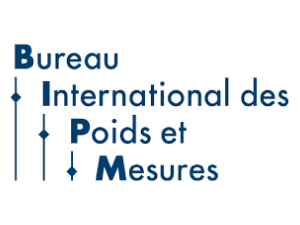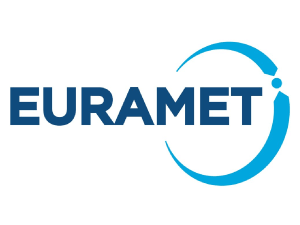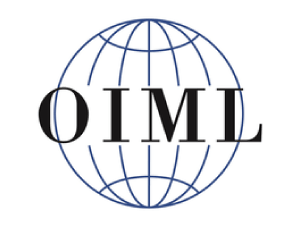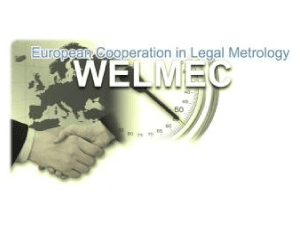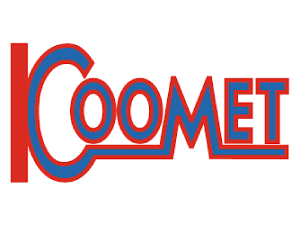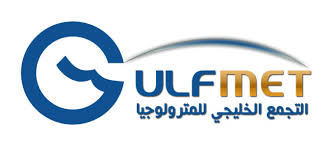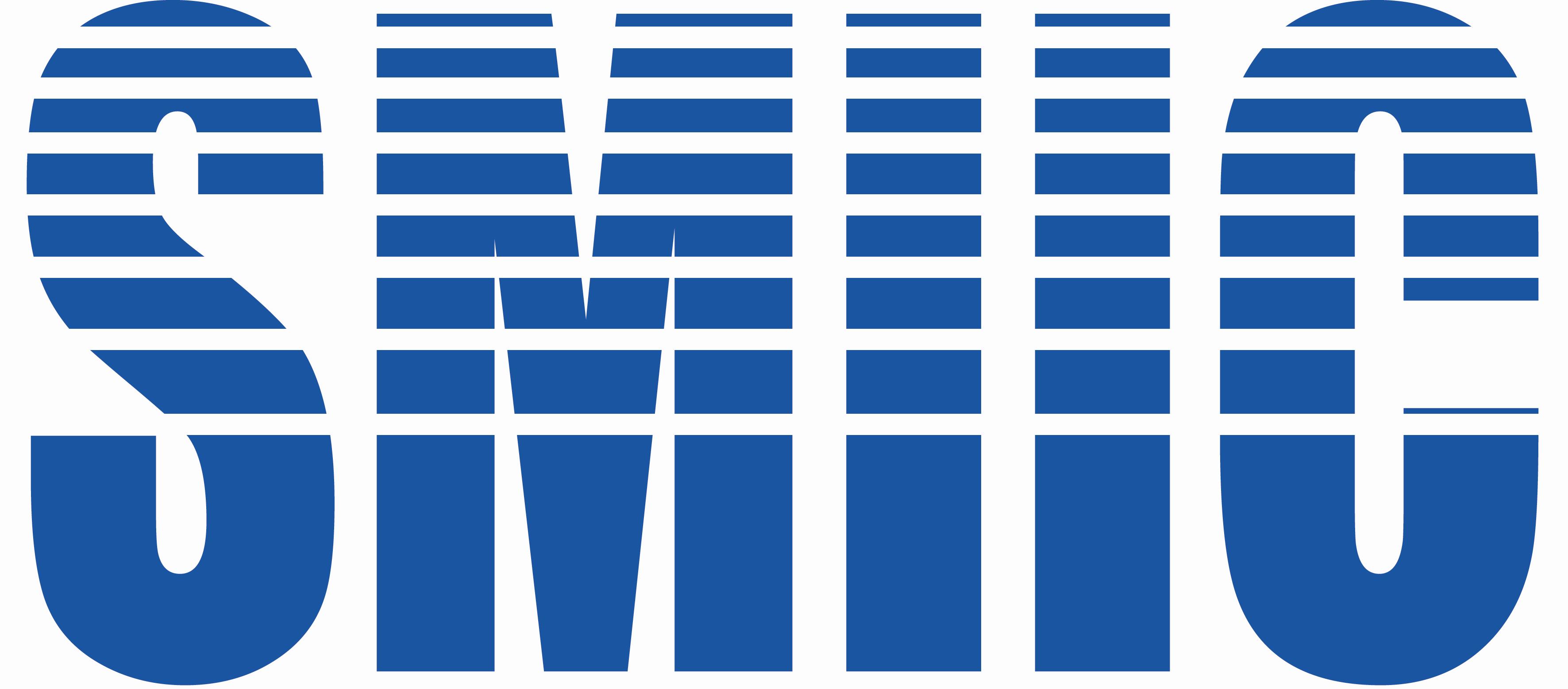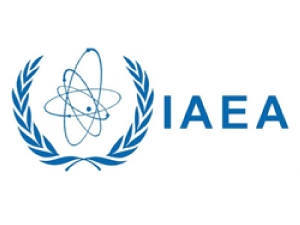The task of legal metrology is to ensure measurements with the necessary accuracy and reliability wherever there is a public interest or the need to protect citizens from wrong and unreliable measurements. In the service of society and the economy, accurate quotes in the exchange of goods and services have always been of great importance. Reliable and accurate measurement is essential for consumer protection but also for fair trading, or for protection against unfair competition.
Legislation on metrology, measuring instruments and the application of measurement results removes barriers to the movement of goods and services in almost all countries of the world and ensures public confidence in official measurements. In addition, statutory measurements also serve to ensure legal certainty and prevent possible major economic losses, such as cross-border trade.
Only with internationally uniform requirements for measuring instruments and measuring conditions, measuring instruments in different countries can ensure the same measured values within specified error limits. In the age of globalization, it is also important that not only the technical requirements for measuring instruments are regulated equally and bindingly, but also test procedures, test reports and certificates. This is the task of international and regional organizations such as OIML (International Organization for Legal Metrology) and WELMEC (European Organization for Legal Metrology).
International agreements between national metrology institutes for mutual recognition of calibrations, conformity assessments and certificates, CIPM-MRA and OIML-MAA, have very successfully contributed to a significant reduction of technical and administrative barriers to global trade and international technical cooperation, and partially the barriers have been completely removed.
With the development of society and the unstoppable technical development, precise measurements additionally become important in other areas such as health, environmental protection, public order or law enforcement. Thus, in the field of health care, reliable measurements and laboratory analysis are important prerequisites for accurate diagnosis and subsequent therapy, which should be effective without compromising the patient.
The particular challenges of testing of legally regulated instruments are increasingly demanding with the increase in modularity, complexity, software-driven functionality and interconnectivity, all the way to updating software online and storing proprietary data in the Cloud.
Measuring instruments are increasingly used in networks, such as networked measuring instruments, measuring instruments in manufacturing plants or communication meters for household consumption (Smart Meter). This creates the need to promote standardization of the communication and data format of the data. The European Directive on Measuring Instruments (MID) requires the development of procedures for the analysis and risk assessment of measuring instruments that communicate online (Internet).
Services:

